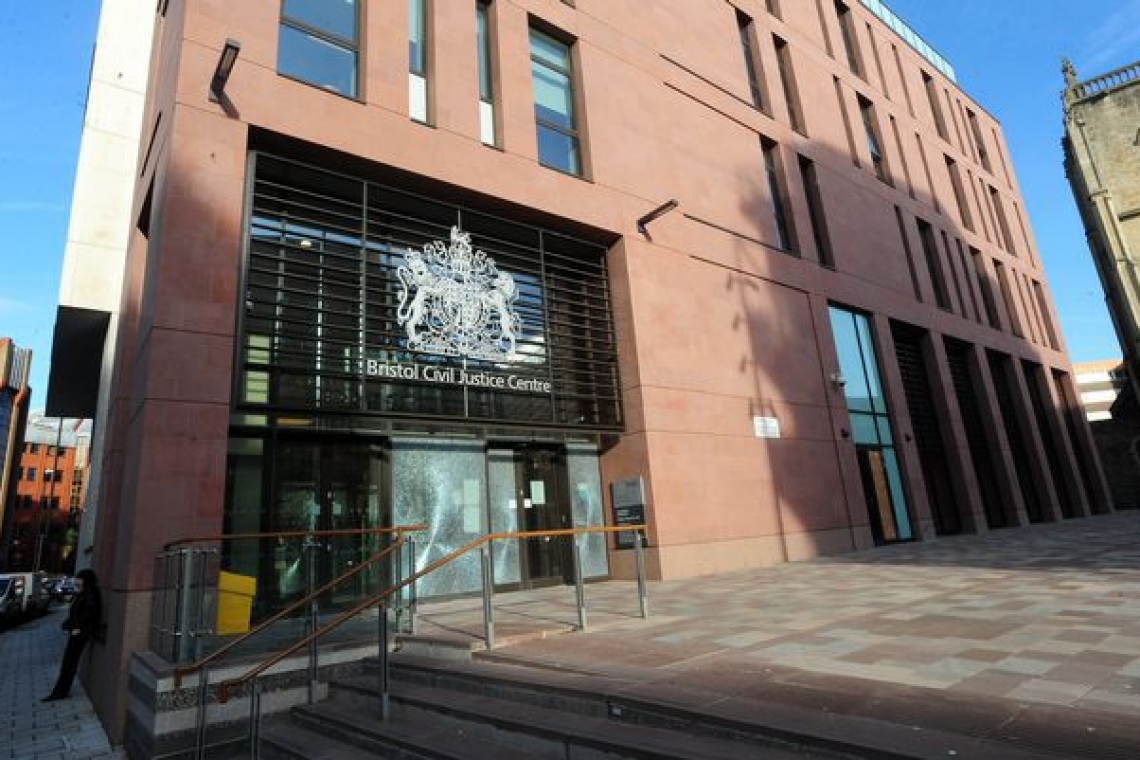A judge has rejected a recusal application on the grounds of apparent bias, based on him being in the same class at school as the director of a defendant company more than 45 years ago.
 His Honour Judge Paul Matthews, sitting as a High Court judge, said he last saw Dr Geoffrey Guy “in the early 1970s at school” and had “no idea what sort of man Dr Guy has turned out to be”.
His Honour Judge Paul Matthews, sitting as a High Court judge, said he last saw Dr Geoffrey Guy “in the early 1970s at school” and had “no idea what sort of man Dr Guy has turned out to be”.
He added: “I do not even know what he looks like now.”
Ruling on the recusal application in a complex insolvency case, HHJ Matthews said he first investigated the background of Dr Guy, whose investment vehicle was the Chedington Court Estate, in July 2019, when the judge was briefly involved in the case.
HHJ Matthews explained that, having read some of the documents in the case, he “caused enquiries to be made” to find out if the Geoffrey Guy mentioned was “the same Geoffrey Guy that I had known more than 45 years ago”, and who was at his school and in his form in the late 1960s and early 1970s.
When this was confirmed, he emailed the parties last July to disclose it, saying they had been friends at school, “although eventually our paths diverged, as he was interested in the science subjects and I in the arts.
“I do not think we have seen each other for over 40 years. We live in different parts of the country and have pursued different career paths.”
The test for recusal is where the circumstances would lead a fair-minded and informed observer to conclude that there was a real possibility of bias. HHJ Matthews told the parties he did not consider there was such a possibility, and in response both sides confirmed they had “no objection” to him dealing with the case.
HHJ Matthews said that at an earlier hearing, in March this year, he “expressly referred once more to my school friendship with Dr Guy, and asked whether there was any objection to my dealing with the matter” and there was none. The claimant then issued the recusal application earlier this month.
Ruling in Brake and others v Swift and another [2020] EWHC 1156 (Ch), HHJ Matthews described the suggestion that he would “somehow prefer to make a wrong decision” in order to avoid presiding over the cross-examination of Dr Guy as “not only untrue, but frankly ridiculous”.
He went on: “I have no idea what sort of man Dr Guy has turned out to be. I do not even know what he looks like now.”
HHJ Matthews said another of the arguments from the claimant’s QC, that he had “departed from long-standing insolvency law” in failing to dismiss an application by Chedington, elevated the ‘informed and fair-minded observer’ from “an intelligent layman to an appellate judge”.
The judge said: “I am not aware of any authority holding that such an observer is entitled, much less obliged, to take positions on the correctness of the legal judgments made by the judge.
“My understanding of the position on a recusal application is that it was the judge’s behaviour and his or her relationship with the parties and witnesses which was in issue, rather than whether the judge had got the law right.
“In my judgment, these arguments from Mr Davies QC are irrelevant to the issue of recusal.”
HHJ Matthews added in response to complaints about his criticisms of the claimants’ procedural failings: “In my judgment, overall, the informed and fair-minded observer knowing that judges have to deal with case management and procedural matters, and adjudicate on the rights of the parties in relation to them, would not regard criticism of a party on procedural matters, let alone criticism directed at both sides, as leading to the conclusion that there was a real possibility of bias on the part of the judge.”
The claimant also submitted that it was a “reasonable assumption… that Chedington considered that it could do no wrong with the judge” by last month, and that at the pre-trial review, “the court displayed a willingness to give Chedington what it wanted”.
The judge rejected these suggestions too, pointing out that both sides had got some of what they wanted, and had criticised Chedington’s procedural behaviour “as I have criticised that of the Brakes”.
He dismissed the recusal application and the claimants’ application for a stay or adjournment of the trial, pending determination of appeals against the judge’s earlier judgments.
Linked Articles:
Judge reverses costs order after finding that lower court failed to identify the right winner


